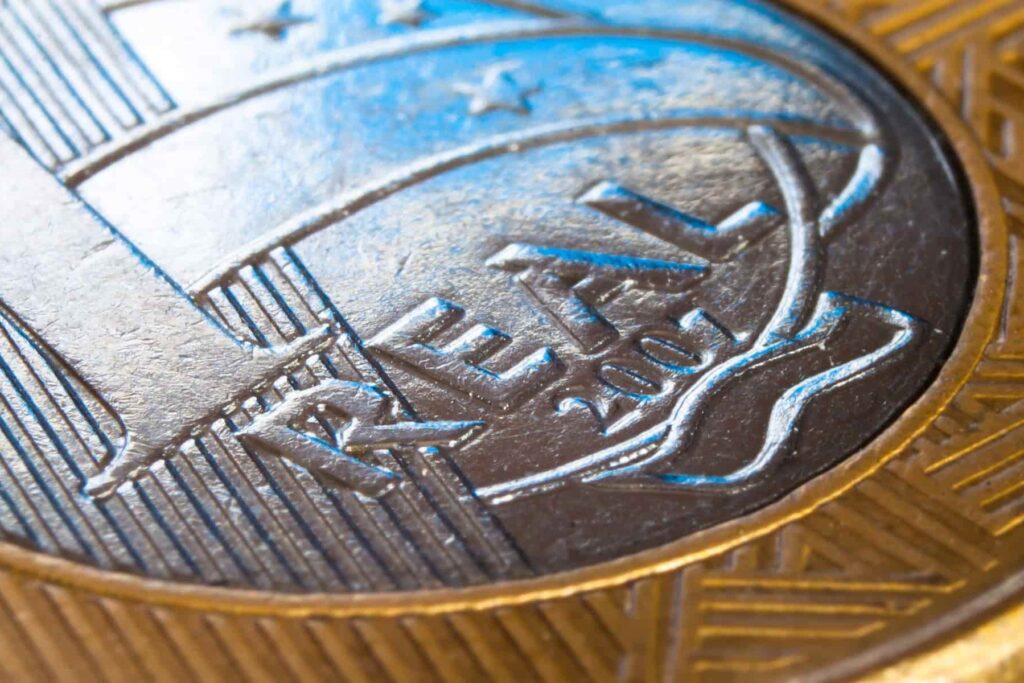Vestigo Volatility Score: 75%
From November 17, around 14.6 million of the poorest Brazilians will be eligible to receive monthly stimulus payments tallying up to 400 BRL. The social welfare program, dubbed Auxílio Brasil, replaces a program known as Bolsa Família first introduced under former president Luiz Inácio Lula da Silva. The new payments transfer program represents the latest effort by President Jair Bolsonaro to seemingly enhance his election prospects ahead of the 2022 presidential poll. Investors, however, are not so keen on the package. The business community once heralded a Bolsonaro presidency as a bastion of market-friendly policy. The paradigm has now flipped, with many skeptics rendering Brazil’s government a corrupt mouth eating at the country’s already stretched fiscal budget. It is not the new social program in and of itself that investors are criticizing, but rather the mechanisms used to achieve the policy implementation. This includes increasing government spending limits. Due to the very real consequences of negative investor sentiment coupled with economic consequences that include rising interest rates and inflation concerns, Vestigo Strategy has determined that the prevailing international narrative that has criticized Bolsonaro’s latest program has legitimate grounds for its distrust.
Constraints to Consider
- Auxílio Brasil will likely lead to an increase in constitutional spending limits
- Increased spending will likely fuel inflation and propensity for further central bank interest rate hikes
- A rise in bonds with increased yields issued to pay for government expenditure will further stoke economic concerns
Bolsonaro’s plans to adjust the country’s spending cap to make room for his new social program could result in ballooning economic consequences. As Brazil raises its spending cap, it will issue more bonds to fund its programs. Consequentially, the new bonds in 2022 will come with higher interest rates, further increasing government costs. Analysts predict government spending totaling an additional 10 billion BRL per year following the new bond issuing. In addition, as inflation continues to rise and the central bank becomes ever more inclined to increase the interest rate, known as the Selic, bond rates will further increase. This is because around 35 percent of existing domestic bonds are tied to the Selic.
Auxílio Brasil as a political tool without ambition to address long-term socio-economic issues
Long-term investors may be calmed by the prospect that increased payments under Auxílio Brasil would initially last only through December 2022. This timing in and of itself, coupled by the president’s historically low approval ratings, enforces the notion that Auxílio Brasil is an entirely political machination ahead of Bolsonaro’s run at a second term in office. To Bolsonaro’s lament, the short-to-medium term economic volatility that the policy will generate will likely anger polarizing camps. Meanwhile, Auxílio Brasil does little to address the country’s deep-rooted socio-economic issues and could even exacerbate related problems as inflation rises.
While many acknowledge the need for payment transfers to Brazil’s poorest citizens, the latest social program will unlikely keep pace with long-term inflation. In fact, the program may inadvertently speed up the current inflationary trend as government spending increases. This will jeopardize the economic standing of many more Brazilians, particularly of individuals that don’t qualify for Auxílio Brasil. The cutoff for eligibility is still well below other international standards for measuring poverty. Rising inflation will likely hit hardest those Brazilians that sit just above the program’s threshold. Many have also argued that Auxílio Brasil, a hasty and reportedly complicated initiative, needlessly replaces, instead of refining, the well-oiled machine that was Bolsa Família.
Turbulent economic waters for all Brazilians
Many see Brazil’s constitutional spending cap as an anchor of credibility that positions the country as a credible modern economy. The latest move to adjust that cap will likely further erode investor trust. Brazil’s public debt is expected to surpass 81 percent of GDP in 2021 and increase to almost 90 percent in 2022. The economic impacts will mount for the business community, while reportedly disorganized spending will also drive rapidly deteriorating economic concerns for ordinary Brazilians.
We base the percentage of our Volatility Score on the material constraints that determine the potential of a global event becoming a long-term global disruptor. We think that anything above the 75% mark should be studied with particular interest.


Evidently Bolsonaro is seeking to gain lost support from the electorate with predicted economic inestability as a result. This is nothing new in Brazil. However, since the pandemic has accentuated pre-existing structural problmes, hold on for real uncertainty in the upcoming elections.
It’s looking likely that Brazil is also set to enter a technical recession, which will add another layer of uncertainty. The result will possibly be stagflation, hitting even more Brazilians as unemployment rises. As you note, presidential hopefuls will likely flaunt ambitious/extreme policy to sway the population.